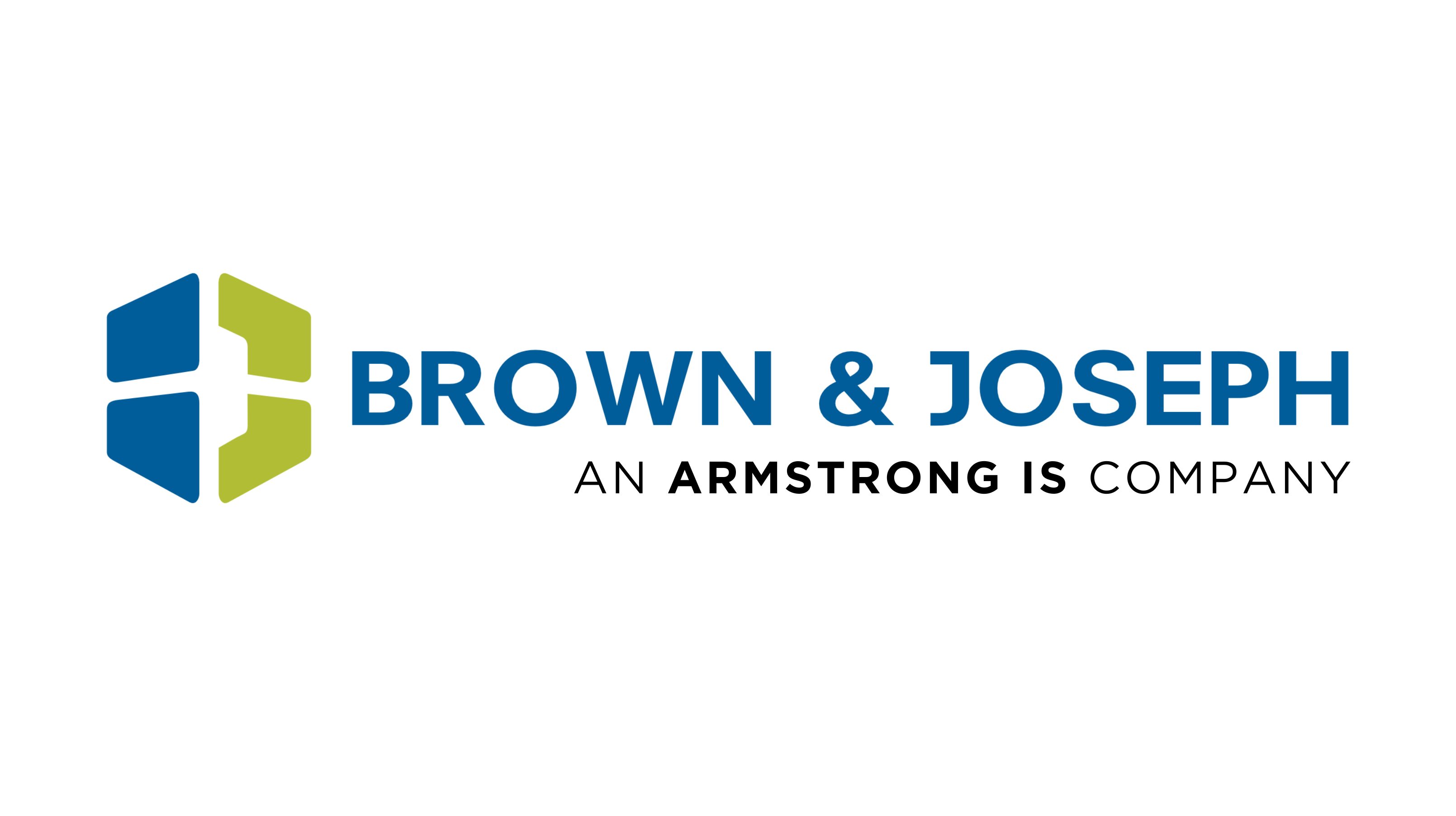Can you tell me a little about yourself and your experience?
I’ve been with Brown & Joseph for about 2 years now. I have an accounting degree. I also had the successful achievement of passing the CPA exam. I have over 25 years of experience in the financial services industry. A big bulk of my premium audit experience came when I worked with Travelers Insurance. I worked with them for over 13 years – started out as a premium auditor and then worked in a management position at their Naperville premium audit processing center.
During that time I also went into various consulting roles with independent companies, a premium audit vendor, and I even spent some time with a governmental pension fund as an auditor also.
In all this experience, I’ve seen premium auditing from square one where you’re doing the premium audit to more of the managerial role and seeing how the operations work and how the whole auditing process impacts the rest of the company and the collecting process.
What is CPAudits?
CPAudits is a premium audit service. We’re a division of Brown & Joseph that was developed a couple of years ago basically to distinguish ourselves from all other collection agencies as one of the premium agencies that can service the needs of insurance carriers. We are a small division, but a growing division.
When we started it was just me, and now it’s grown to include an in-house auditor and a client services specialist. We also now have six contracted auditors either in Chicago or throughout the U.S. who are working to complete audits for us.
How does CPAudits differ from other premium audit vendors?
CPAudits works in the virtual world. We’re making use of technology and the software that we have, which is through Nexus Insurance Solutions, to create premium audits.
Many of the premium audit vendors out there are still sending auditors physically to go to a location to look at the book and talk to the insured, but most of that can be done today through the computer, the internet, and over the phone.
What we have found is that virtual audits can reduce a lot of expenses, like the time it takes to travel to an insured. A lot of auditors that we work with like CPAudits simply because it reduces windshield time, or the time that auditors spend in their car behind the windshield. This virtual world allows them to do quite a bit more with the same amount of time and effort.
There are some pluses and minuses on both sides, but overall it’s a way for us to come back with a more cost-effective product. The product that we send out has been noted as being just as good or even better than some of the physical audits that are being done.
What is premium auditing?
Premium auditing is a service that’s created with the adjustable premiums that are evident with worker’s comp, general liability policies, and more. Those are just a couple of the types of policies that P&C insurance carriers write and underwrite. Unlike the life insurance policies and/or auto insurance policies that one may take out, their premiums are based on value, like how much your car is worth, how much your home is worth, and so on.
Worker’s comp general liability policies are based on the amount of payroll that’s produced on the policy term or how many sales a company may incur during the year. With that, the insurance company will underwrite a policy and ask for an estimated premium basically up front. But, at the end of the policy term, they also write into the contract that an audit has to be done and that’s where the premium audit process comes in.
An auditor then is required to look at the financial documents of what happened during that policy term and then to create an audit report, which shows how much should be charged, and then at that point the insurance carrier will compare what was originally paid with what the audit produced and the difference is worked out, either for an additional premium or a returned premium to the insured.
What is the EARP?
The letters EARP stand for estimated audit resolution program. It’s a program that Brown & Joseph has initiated. It actually helps insurance carriers gather more premiums that are being left on the table. Insureds sometimes do not want to do audits.
At the end of the policy term, they don’t do an audit or don’t complete an audit and as a result, the insurance policy allows the insurance carrier to estimate their premium, which creates an additional amount of premium to be collected. A lot of times, they’ll set that aside because they don’t have the effort to complete collections and that’s where Brown & Joseph comes in.
The EARP allows the collections side to go after the estimated premiums. If the insured wants to comply with an audit at that time, CPAudits is right there to help out. That is a benefit in a lot of ways for Brown & Joseph customers in the sense that it provides big savings to them.
What are the benefits of the EARP to insurance carriers?
The insurance carriers benefit in a couple of ways. One of the major ways is the time that it takes for an audit to be completed. In the estimated audit world, when the audit has been set aside because it was estimated, the insurance carrier if they had someone who wanted to comply, and with an audit much later once the collection process started, they are forced at that point to either a.) take and send that audit request to one of their staff or b.) to a private, premium audit vendor. In either case, the auditors already have to wait up to a month to get sometimes this audit scheduled because they’re relying on the physical audit world.
Once it is scheduled, that could be delayed due to cancellations, audit changes, and a number of other reasons. By the time the audit gets back, there’s been a long delay and the collection process has cooled off. With the EARP, we have the collectors, if the insured wants to comply, they will collect all the financial documents, then those documents will be forwarded to CPAudits, and an auditor will then utilize those documents.
They may have to ask for a few extra documents and ask a few more questions, but generally, the average time it takes to complete those audits and get that back to the collector and the carrier for the rating is greatly reduced. Another benefit is, of course, the cost. When a carrier has to send out a request for an audit, there’s a charge for that audit. With the EARP, all those charges are incorporated into the collection fees, so if by chance the audit doesn’t get done, there’s no charge to our customer.
Is there anything else you’d like to add?
We’re growing and we’re a big benefit to Brown & Joseph. CPAudits distinguishes us as a major carrier who has multiple receivable benefits to our clients.




